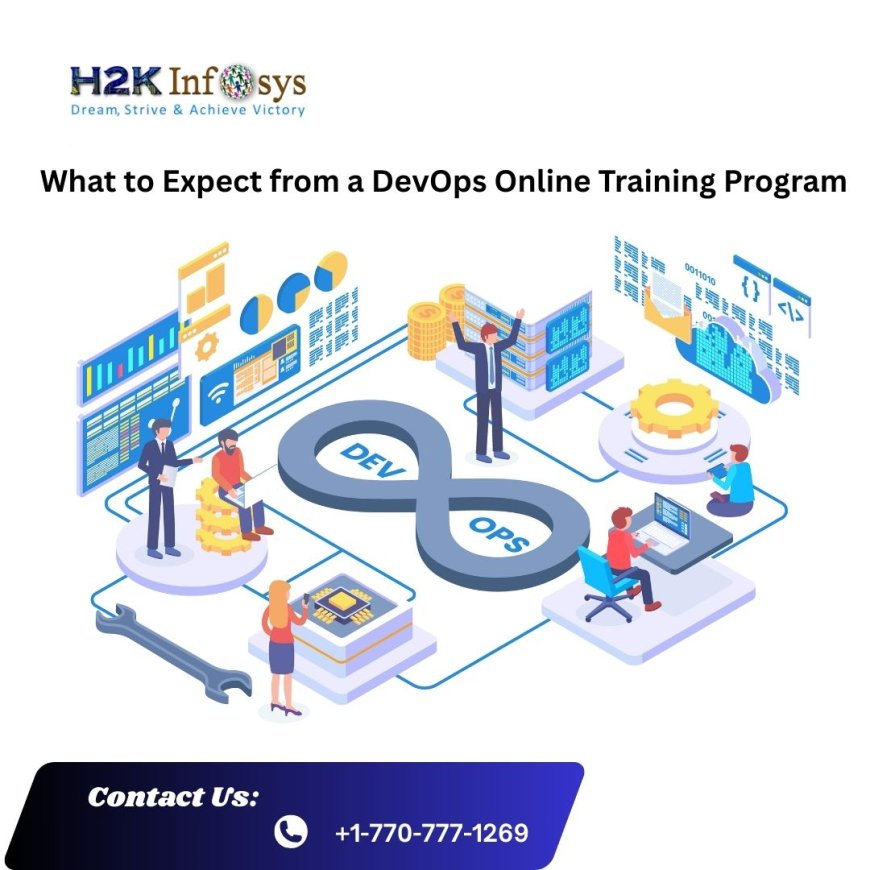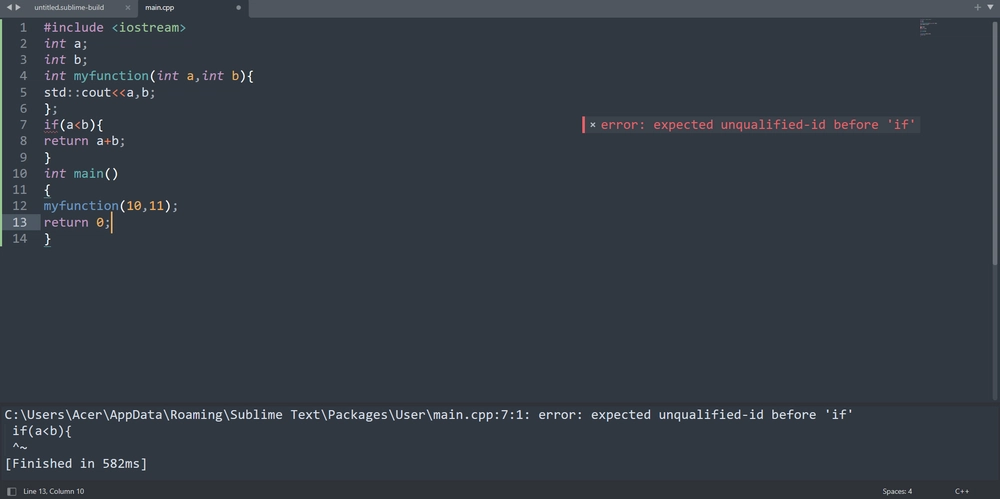What to Expect from a DevOps Online Training Program
A DevOps online training program offers a comprehensive learning experience that covers key DevOps principles, tools, and practices. Learners can expect hands-on training in automation, CI/CD pipelines, cloud platforms (AWS, Azure, GCP), containerization (Docker, Kubernetes), and monitoring tools. The course typically includes real-world projects, flexible schedules, and career support like resume building and job placement assistance. Ideal for beginners and IT professionals alike, it prepares students for DevOps roles through practical, industry-relevant skills.
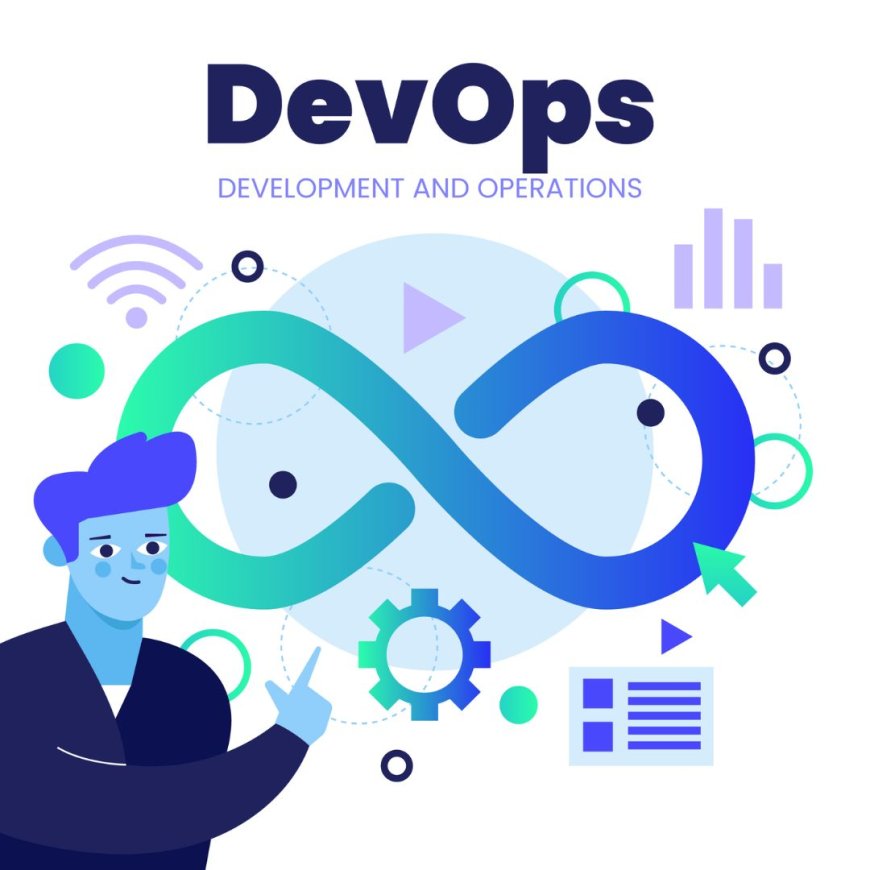
Introduction
The tech world is evolving rapidly. Companies now demand faster development cycles, efficient deployments, and seamless collaboration between development and operations teams. This is where DevOps steps in, bridging the gap between developers and IT operations to deliver better software, faster.
If you're planning to enroll in a DevOps online training program, you might wonder what will you actually learn. What skills will you gain? How will this training help your career?
This blog post explores in detail what to expect from a DevOps training program especially when it’s designed to be both hands-on and career-oriented. Whether you're a beginner or already in IT, you’ll discover how a structured DevOps online course can transform your career.
What is DevOps and Why Does It Matter?
Before diving into the training expectations, it's important to understand what DevOps means.
DevOps is a combination of Development (Dev) and Operations (Ops). It promotes a culture of collaboration between teams that traditionally operated in silos. With DevOps, organizations can:
-
Automate infrastructure and workflows
-
Release updates faster and more reliably
-
Monitor applications effectively
-
Enhance software quality and stability
A recent industry report showed that companies adopting DevOps deliver applications 30x faster with 60% fewer failures. This clearly shows why DevOps training online is gaining traction among IT professionals.
Core Components of a DevOps Online Training Program
A high-quality DevOps course online covers all aspects of the DevOps lifecycle. Below is a breakdown of the key modules and what you can expect from each.
1. Introduction to DevOps Philosophy
Understand the history, goals, and principles behind DevOps. You’ll explore:
-
Continuous Integration (CI)
-
Continuous Deployment (CD)
-
Infrastructure as Code (IaC)
-
Agile and Lean integration
Expect live examples and simplified diagrams to explain the DevOps pipeline from code commit to production.
2. Version Control Systems
Managing code efficiently is a core DevOps task. Most DevOps online training starts with Git.
Key skills you'll gain:
-
Initializing and cloning repositories
-
Branching, merging, and pull requests
-
Working with Git workflows in teams
Practical sessions often include simulated team collaboration exercises to mirror real-world environments.
3. CI/CD Pipeline Mastery
Continuous Integration and Continuous Deployment are at the heart of modern software delivery. Expect to:
-
Learn tools like Jenkins to automate build and test
-
Create pipelines to deploy code automatically
-
Use triggers for automatic feedback
The best DevOps training online will have you build end-to-end pipelines on sample projects.
4. Configuration Management and Automation Tools
This section focuses on maintaining systems automatically. Expect to explore tools and hands-on tasks with:
-
Ansible – For automating configuration
-
Terraform – For provisioning cloud infrastructure
-
Shell scripting – To automate everyday admin tasks
You'll practice writing simple playbooks and automation scripts, and then run them in a sandbox environment.
5. Containerization with Docker
Containers help developers run applications consistently across environments.
What you’ll do:
-
Build and run Docker containers
-
Create Dockerfiles for your applications
-
Work with Docker Compose to manage multi-container apps
By the end, you’ll deploy microservices in containers with confidence.
6. Orchestration with Kubernetes
As you advance, you'll learn Kubernetes, the leading container orchestration tool.
Key concepts include:
-
Deployments and pods
-
Scaling and load balancing
-
ConfigMaps and secrets
-
Helm charts for app deployment
You’ll set up your own Kubernetes cluster and deploy containerized apps—a real-world, hands-on DevOps skill.
7. Monitoring and Logging Tools
Monitoring is essential for reliability. A good DevOps training with placement includes monitoring solutions.
Expect to work with:
-
Prometheus for metrics collection
-
Grafana for dashboards
-
ELK Stack for log analysis
Live exercises will show how to create alerts and interpret application performance.
8. Cloud Integration
DevOps thrives in the cloud. Most programs will train you in cloud basics such as:
-
Deploying applications to cloud platforms
-
Using CI/CD pipelines on the cloud
-
Setting up infrastructure as code
You'll understand how to connect DevOps automation tools with cloud environments, which is crucial for enterprise applications.
9. Security in DevOps (DevSecOps)
Expect an introduction to integrating security in pipelines.
What you'll explore:
-
Static code analysis
-
Vulnerability scanning
-
Securing CI/CD workflows
You'll learn how to “shift left” and integrate security earlier in the development cycle.
10. Real-Time Projects and Use Cases
Practical projects make theory useful. The best DevOps online courses include:
-
Building a fully functional DevOps pipeline
-
Deploying a web application from scratch
-
Automating infrastructure with scripts
-
Logging and alerting setup
These capstone projects are designed to mirror real-life job roles and responsibilities.
Skills You’ll Walk Away With
After completing a DevOps bootcamp online, you’ll be equipped with job-ready skills. Here's what you’ll gain:
Build and manage CI/CD pipelines
Automate infrastructure and system configurations
Work with Docker and Kubernetes for container orchestration
Analyze and monitor application logs and metrics
Understand DevOps culture and team collaboration practices
Apply security practices in the DevOps lifecycle
These skills are aligned with current industry expectations for DevOps roles.
Career Benefits of DevOps Training and Certification
Taking a DevOps training and certification program can lead to immediate career advantages:
-
High Demand: DevOps professionals are among the most sought-after roles in IT.
-
High Salaries: According to a Glassdoor survey, DevOps engineers earn between $100,000 and $140,000 annually.
-
Career Growth: With automation, cloud computing, and security integration, DevOps opens doors to roles like Site Reliability Engineer, Cloud DevOps Engineer, and Release Manager.
A good DevOps training and placement program helps you build both technical and soft skills, including communication, teamwork, and agile delivery.
What Makes a Good DevOps Online Course?
When searching for the best DevOps training online, look for these features:
-
Live instructor-led sessions
-
Hands-on labs and virtual environments
-
Resume building and interview preparation
-
Real-time project work
-
Placement support and career counseling
At H2K Infosys, our DevOps online course is built for working professionals, career changers, and beginners alike.
Diagram: Sample DevOps Workflow
(Optional visual section for the final published blog)
plaintext
Developer Commit → CI Server (Jenkins) → Unit Test → Build Docker Image → Push to Registry → Deploy to Kubernetes → Monitor with Prometheus
This linear workflow helps visualize the DevOps lifecycle—each block can be taught and practiced in a dedicated training module.
Step-by-Step Learning Plan
A structured DevOps course online will usually follow a logical learning path:
-
Week 1–2: DevOps intro + Git
-
Week 3–4: CI/CD with Jenkins
-
Week 5–6: Docker and Kubernetes
-
Week 7: Monitoring and DevSecOps
-
Week 8: Final project + resume prep
This approach ensures students get hands-on exposure every step of the way.
Conclusion
A DevOps online training program is more than just technical education—it’s a transformation. You gain industry-relevant skills, hands-on experience, and career support.
Whether you’re starting your IT journey or switching roles, DevOps can open doors to some of the most in-demand jobs in the tech industry.
Ready to level up your IT career? Enroll in H2K Infosys’ DevOps course today and gain the hands-on skills to thrive in the DevOps world.
Join now to master automation, cloud tools, and pipelines—all with career placement support.



















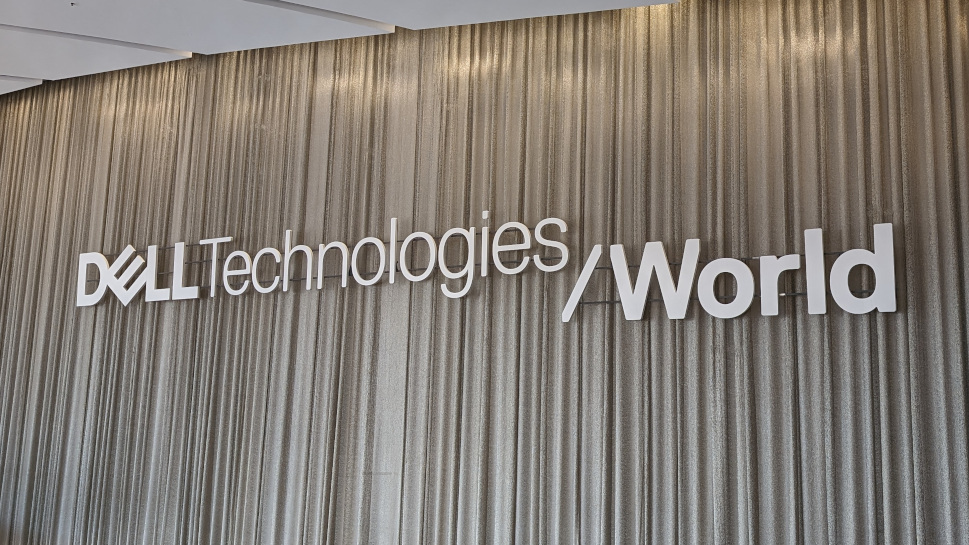

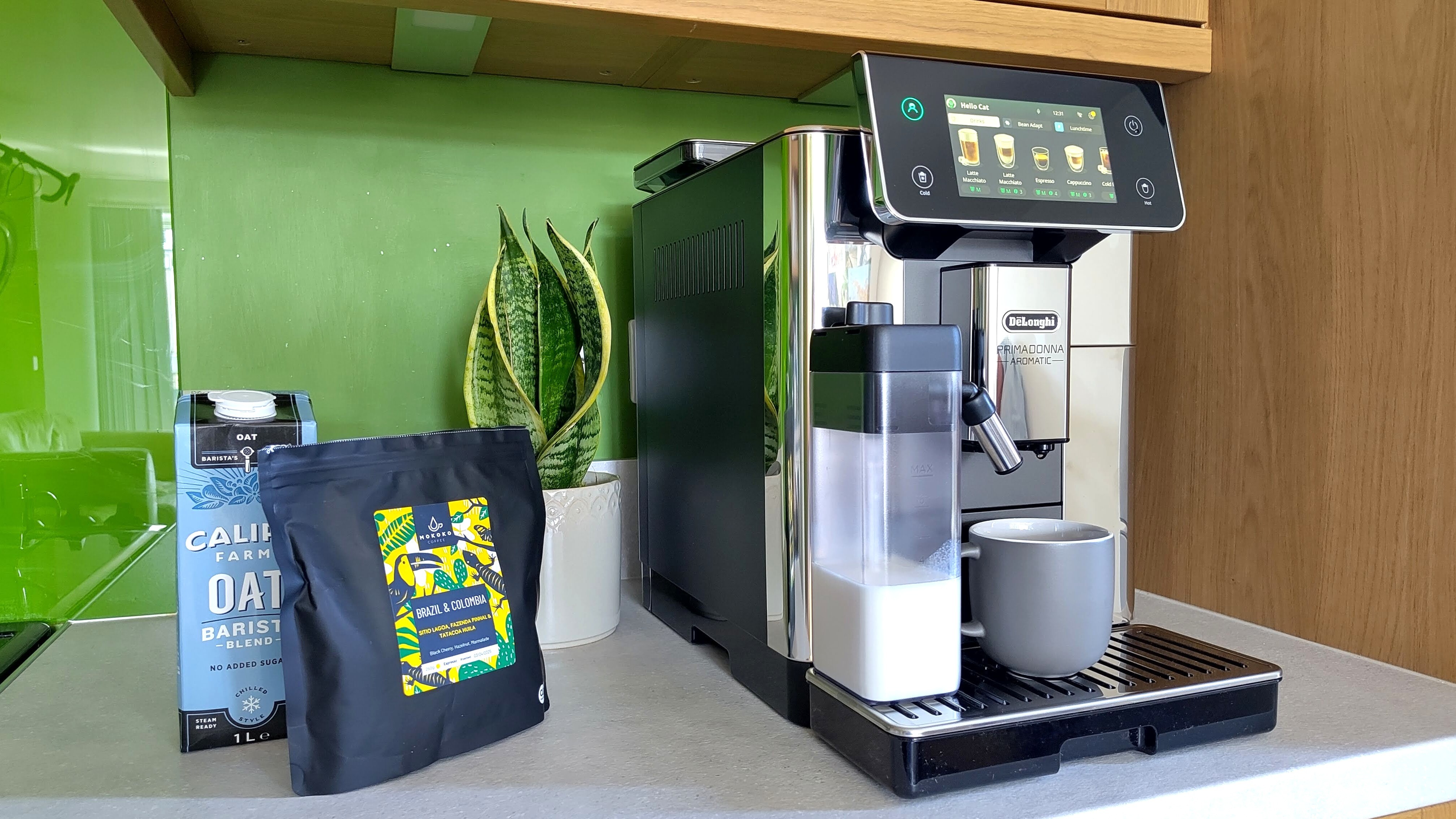






















































































































































![[The AI Show Episode 146]: Rise of “AI-First” Companies, AI Job Disruption, GPT-4o Update Gets Rolled Back, How Big Consulting Firms Use AI, and Meta AI App](https://www.marketingaiinstitute.com/hubfs/ep%20146%20cover.png)



























































































































![[DEALS] The ChatGPT & AI Super Bundle (91% off) & Other Deals Up To 98% Off – Offers End Soon!](https://www.javacodegeeks.com/wp-content/uploads/2012/12/jcg-logo.jpg)

![How to make Developer Friends When You Don't Live in Silicon Valley, with Iraqi Engineer Code;Life [Podcast #172]](https://cdn.hashnode.com/res/hashnode/image/upload/v1747360508340/f07040cd-3eeb-443c-b4fb-370f6a4a14da.png?#)



















































































































































































































































![Apple May Not Update AirPods Until 2026, Lighter AirPods Max Coming in 2027 [Kuo]](https://www.iclarified.com/images/news/97350/97350/97350-640.jpg)

![iPhone 17 Air Could Get a Boost From TDK's New Silicon Battery Tech [Report]](https://www.iclarified.com/images/news/97344/97344/97344-640.jpg)
![Vision Pro Owners Say They Regret $3,500 Purchase [WSJ]](https://www.iclarified.com/images/news/97347/97347/97347-640.jpg)



































































